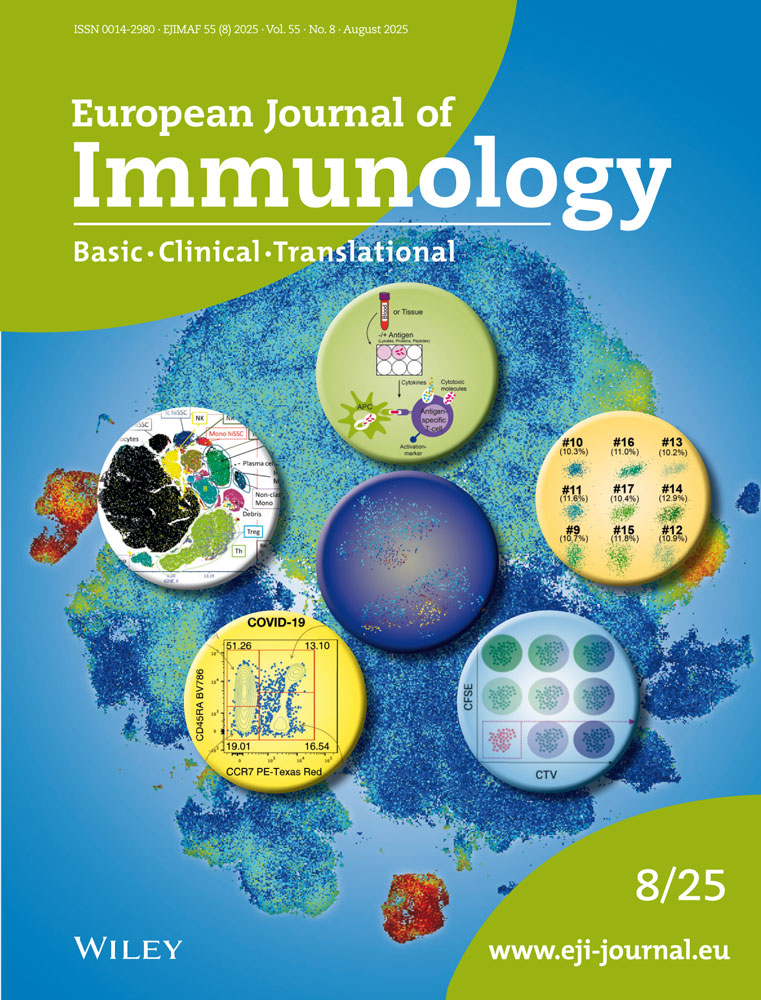DNA fragmentation and cytotoxicity caused by tumor necrosis factor is enhanced by interferon-γ
Abstract
Recombinant human tumor necrosis factor (rhuTNF) induced DNA fragmentation in sensitive cell lines. This fragmentation was similar to that caused by lymphotoxincontaining cytotoxic T cell culture supernatants. The percentage of DNA cleaved correlated with the degree of cell growth inhibition shown by individual cell lines. DNA fragmentation was first seen after 12 h treatment, and increased slowly with time. The presence of 100 μM ZnSO4 inhibited the rhuTNF-induced DNA cleavage in MCF-7 cells. Recombinant interferon-γ (rhuIFN-γ) did not induce DNA cleavage, although it reduced the growth of all the cell lines used in this study. However, it interacted with rhuTNF to produce a doubling in the percentage of DNA fragmentation, and increased cytotoxicity in rhuTNF-sensitive cell lines. Pretreatment with rhuIFN-γ for 1 h prior to rhuTNF treatment also enhanced DNA fragmentation and cell killing.




